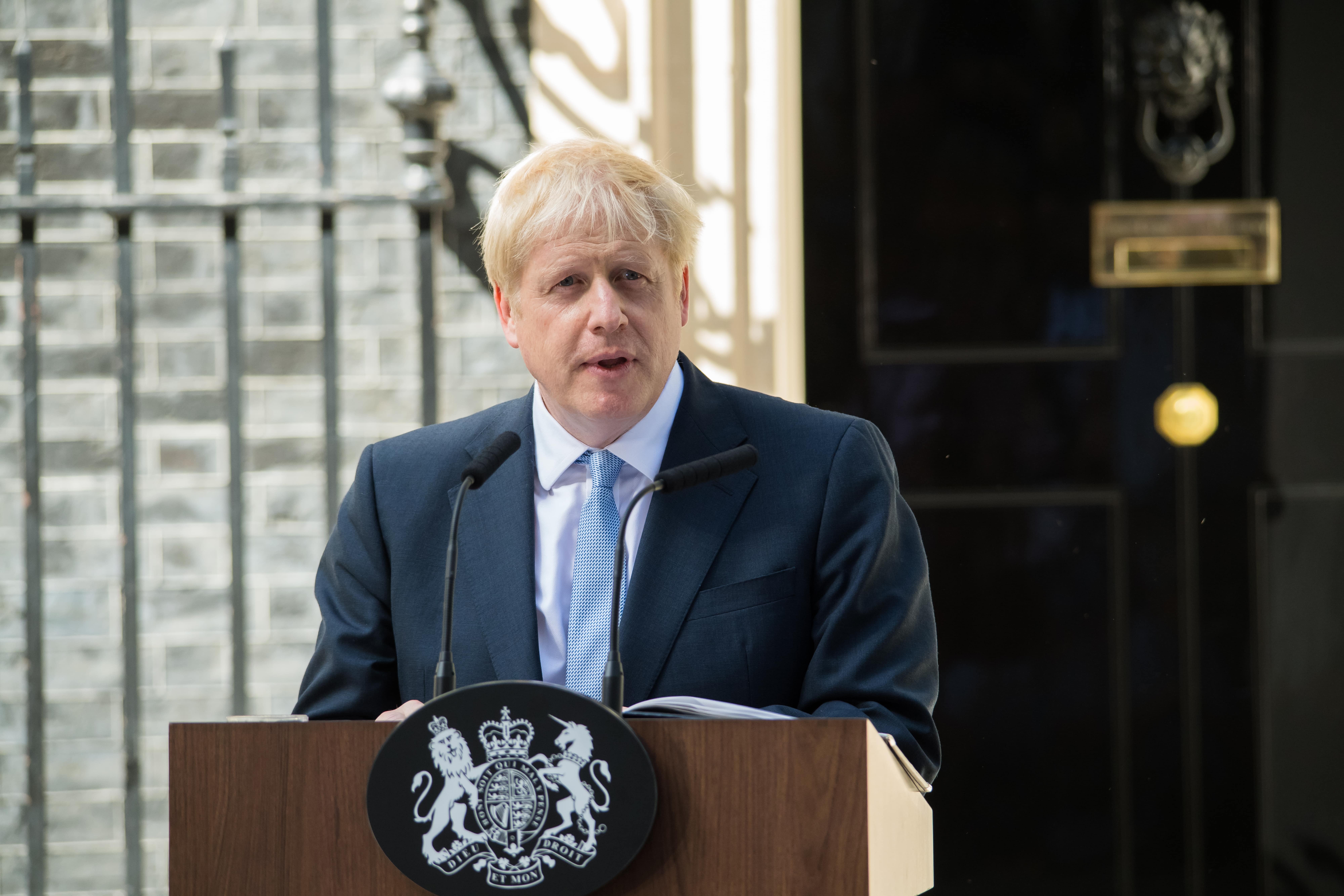Features - Business
Brexit: Opportunities for Future Engineers

Sean Keyes is Managing Director at civil & structural engineering firm, Sutcliffe, and Kevin Tully is Managing Director of Tulway Engineering here they give their take on the possible opportunities that await for future engineers since the UK has left the European Union
Sean Keyes MD at Sutcliffe said:
“Brexit has divided many and with the initial vote seeing just 3% between leave and remain, there will always be discussions as to whether we should still be in the EU. For many, the Covid-19 pandemic has been a massive distraction, with Brexit now seeming like ‘a thing of the past’, despite the UK only just reaching the six-months mark since leaving.
We haven’t fully seen the effect that Brexit or the pandemic has had on the economy and the construction industry yet, but what I have seen personally is the shortage of skilled and semi-skilled workers currently available to construction companies, with everything from technical engineers to architects and labourers coming from Europe in years gone by and enhancing workforces up and down the country. What Brexit has said to our ex-European partners is that we don’t want your labour anymore, but in reality, we need labourers more than ever, especially in the short term.
In the medium to long term, the shortage of labourers will create opportunities to train and skill the future generation of homegrown engineers and construction workers. As a company, we aim to collaborate with colleges and universities in the Liverpool City Region and the North West, and will continue our quest to give young and hungry professionals their first step on the employment ladder.
A shortage of raw materials has also begun to become evident, however this has predominantly been driven by the bureaucracy that has come from Brexit, with our ports, such as Dover, making it a lot harder to bring materials into the UK from around the globe. These materials span from aluminium, to plaster and plastics, with timber also in surprisingly short supply this year. However, on a positive note, when all parties realise that Europe and the UK still need each other greatly, this import / export process should speed up.
I predict that the majority of us will never fully appreciate the real disadvantages of Brexit, as the Covid curtain appears to have masked the initial effects of leaving as we have started to work in a slightly different way and amend our processes in order to overcome obstacles that we may be faced with, such as employment, exporting and training. The construction industry is on the up and long may it continue! “
Kevin Tully, MD of Tulway Engineering said:
“2020 / 21 has been no ordinary year in our sector, with Brexit, Covid and numerous other factors ensuring that it has been in no way ‘business as usual’. However, at Tulway and across the board, we have all adapted, and as we mark six-months on from the dreaded B word, it has been nice to stand back and evaluate what has happened since January 31.
With Covid present in the UK well before the Brexit legislation was passed, it has been difficult to fully fathom the full effects that Brexit has had on our sector and on the nation as a whole. But one thing I have certainly seen is a shortage of materials, which has come from an increased demand across the board.
The cost of raw materials has also gone up (especially plastics), and it will be interesting to see if anything changes in terms of price as we enter into the second half of the year and beyond.
In terms of employment, there was already a shortage of skilled workers in the industry, but Brexit has certainly exacerbated this. As a lot of work was cancelled last summer, there is now a 12-month backlog and this is spreading skilled workforces very thin. It is crucial that more welders are trained from a school leavers age and, despite Brexit preventing European workers, I see this as an opportunity to find the next generation on our own shores.
Post-Brexit, the government and the education system needs to be doing much more to promote manual trades and highlighting that there are so many chances out there for those in college and university, with the rewards for a coded pipe welder, for example, incredible. But unless this is discussed outside of the industry, how many people will find out?
Brexit has meant that a lot of products now need to be manufactured in the UK, rather than exporting and importing from Europe, but personally I see this as a huge benefit for our economy, with the UK having a fantastic reputation across the globe for its work.
In conclusion, I see plenty of opportunities coming from Brexit and I can envisage more chances being presented to young professionals. The future’s looking bright as we start to see the back of the pandemic, and with plenty of multi-million pound projects popping up throughout the North West and beyond, I am invigorated by what the future holds for Tulway Engineering.”
If you would like to read more stories like this, then please click here
Related Articles
More Features
- Ten years of progress on payment, pre-qualification and skills
19 May 25
The industry has made significant progress on late payment, pre-qualification, and competence since the formation
- Pagabo provides clarity on impacts of new NPPS and PPNs
12 Mar 25
The Labour government’s new National Procurement Policy Statement (NPPS) sets out strategic priorities for public
- How is the Procurement Act going to drive social value
24 Feb 25
The regulations laid out within the Procurement Act 2023 will go live today.






